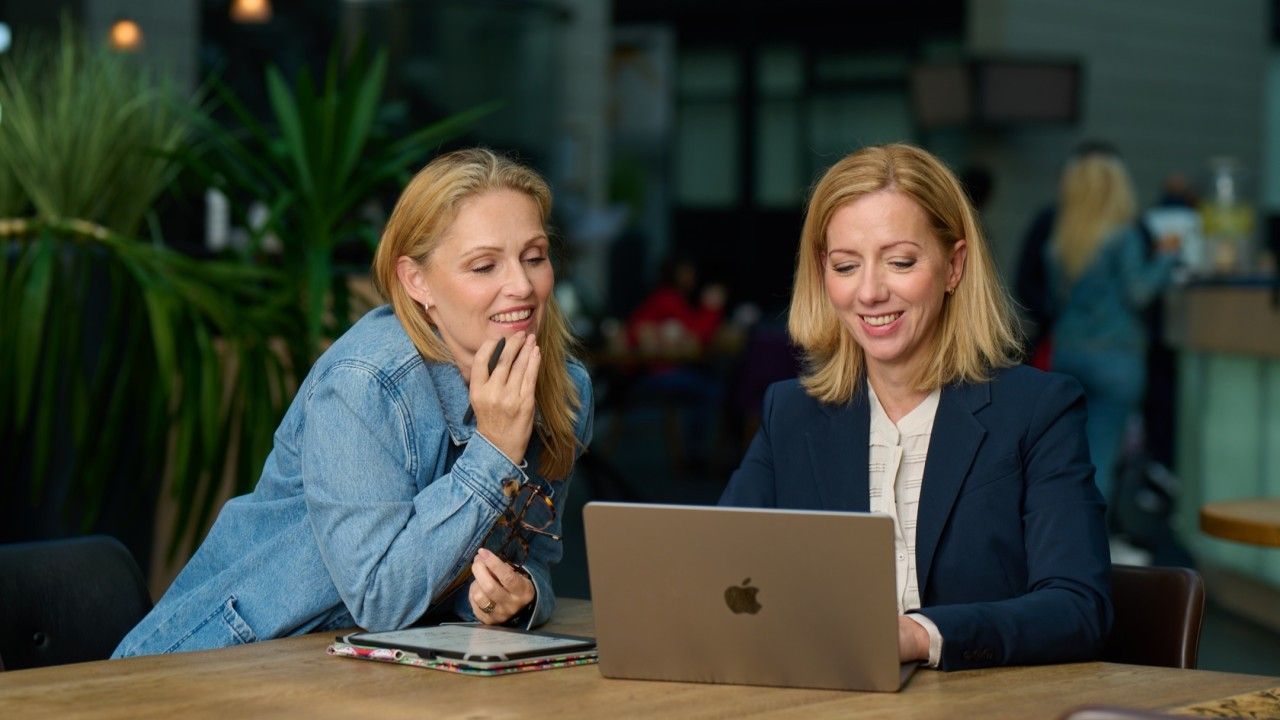Competency 8 - Creative Problem-Solving
Transforming Conflict into Growth:
Cognitive Competencies: Constructive Decision-Making
Specific Competency: Ability to solve problems creatively - Using innovative and effective approaches to overcome challenges.
Statement: Creative problem-solving involves thinking outside the box to find innovative and effective solutions to challenges. This competency helps you approach problems with flexibility and creativity, turning obstacles into opportunities.
Part A: Start By Yourself
Objective: Develop creative problem-solving skills by thinking innovatively and effectively.
Instructions:
A) Start by Yourself:
- Take a moment in silence with a pen and paper. Reflect on a recent problem you faced. What were the challenges, and how did you approach solving them?
- Write down the problem-solving process, including any creative or unconventional methods you used.
- Reflect on how your strengths from Competency 1 (Self-Knowledge), critical thinking skills from Competency 2 (Critical Thinking), positive self-evaluation from Competency 3, mindful awareness from Competency 4, impulsivity management from Competency 5, goal achievement skills from Competency 6, and responsible choice-making from Competency 7 can support creative problem-solving.
B) Take It Further:
- Practice brainstorming exercises. Take a common problem and list as many solutions as you can think of, no matter how unconventional.
- Use mind mapping to explore different aspects of a problem and potential solutions. This can help you see connections and opportunities you might have missed.
Tips:
- Embrace a positive attitude towards challenges. View them as opportunities to learn and grow.
- Be open to unconventional ideas and approaches.
- Use your identified strengths to support your creative problem-solving process.
Benefits:
- Enhances flexibility and adaptability.
- Encourages innovative thinking.
- Turns obstacles into opportunities.
Part B: Share with Pairs, Family, or Friends
Objective: Develop creative problem-solving skills together by thinking innovatively and effectively as a group.
Instructions:
A) In Pairs or Groups:
- Gather with your partner, family, or friends. Each person should share a problem they are facing or have faced recently. Discuss the challenges and brainstorm creative solutions together.
- Offer feedback and suggestions to each other on the problem-solving process. Use your strengths from Competency 1, critical thinking from Competency 2, positive self-evaluation from Competency 3, mindful awareness from Competency 4, impulsivity management from Competency 5, goal achievement skills from Competency 6, and responsible choice-making from Competency 7 to support each other's creative problem-solving efforts.
B) Make It Fun:
- Turn it into a group challenge. Present a hypothetical problem and work together to come up with the most creative solution. Consider rewarding the most innovative idea.
- Use creative tools like drawing, role-playing, or storytelling to explore different solutions. This can make the process more engaging and enjoyable.
Reflect Together:
- After sharing and discussing your problems and solutions, reflect on what you learned about creative problem-solving. Discuss how the strategies you used can be applied to other areas of life.
- Encourage each other to use the strengths from Competency 1, critical thinking skills from Competency 2, positive self-evaluation from Competency 3, mindful awareness from Competency 4, impulsivity management from Competency 5, goal achievement skills from Competency 6, and responsible choice-making from Competency 7 to solve problems creatively in the future.
- Reflect on the importance of flexibility and innovation in overcoming challenges.
Tips:
- Foster a supportive and encouraging atmosphere during problem-solving discussions and activities.
- Be open to feedback and suggestions from others.
- Celebrate each other’s creativity and efforts in solving problems.
Benefits:
- Promotes mutual understanding and support.
- Enhances group cohesion and collaboration.
- Strengthens relationships through shared learning and growth.
Holistic Benefits and Impact of Developing Cognitive Competencies
By taking the time to develop these eight cognitive competencies, you can experience profound holistic benefits. These skills collectively enhance your self-awareness, decision-making, and problem-solving abilities, leading to more informed and thoughtful actions. As you cultivate these competencies, you will likely notice improved mental clarity, increased resilience, and a greater ability to manage stress and emotions. Your relationships will benefit from better communication and understanding, fostering a more supportive and collaborative environment. These cognitive competencies lay a strong foundation for tackling life's challenges and pave the way for the next set of emotional competencies, further enriching your personal growth and well-being.
Join the Journey By integrating these competencies into your daily life, you can improve your mental health, build stronger relationships, and better handle life's challenges. Stay tuned for the next set of emotional competencies!
Want to take it further, reach out and let's talk ;-)
Let'st work together, book me or my team for coaching, keynotes, training and consulting.
In the meantime,
Take care,
Krumma
PS: click here for the free mental fitness app that might change your life and your relationships https://positive-performances.passion.io/











